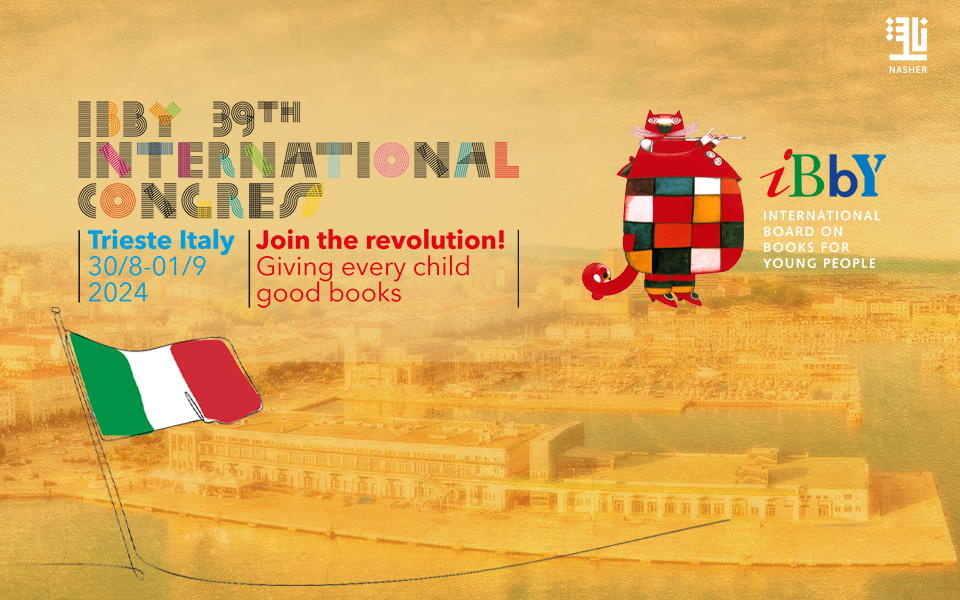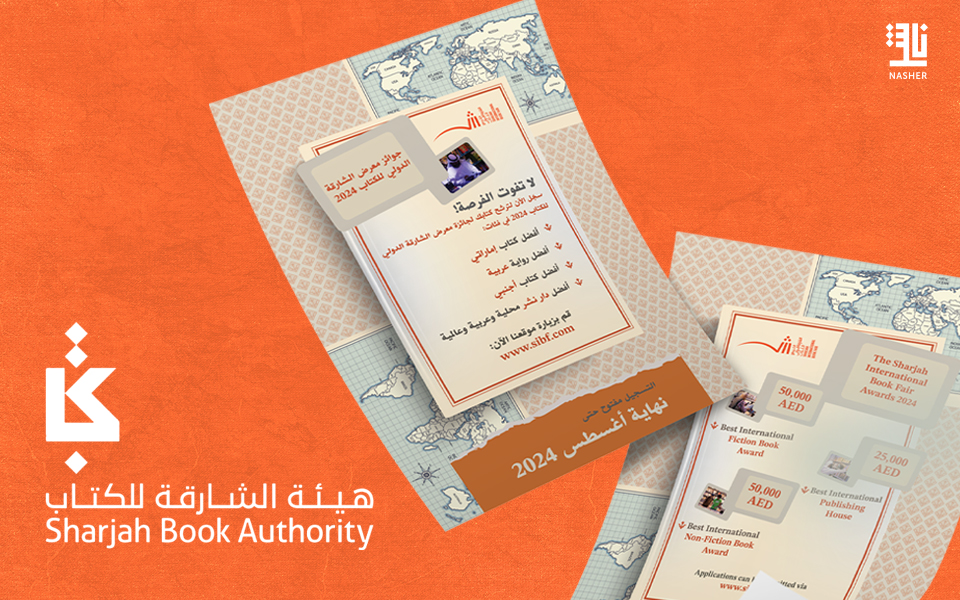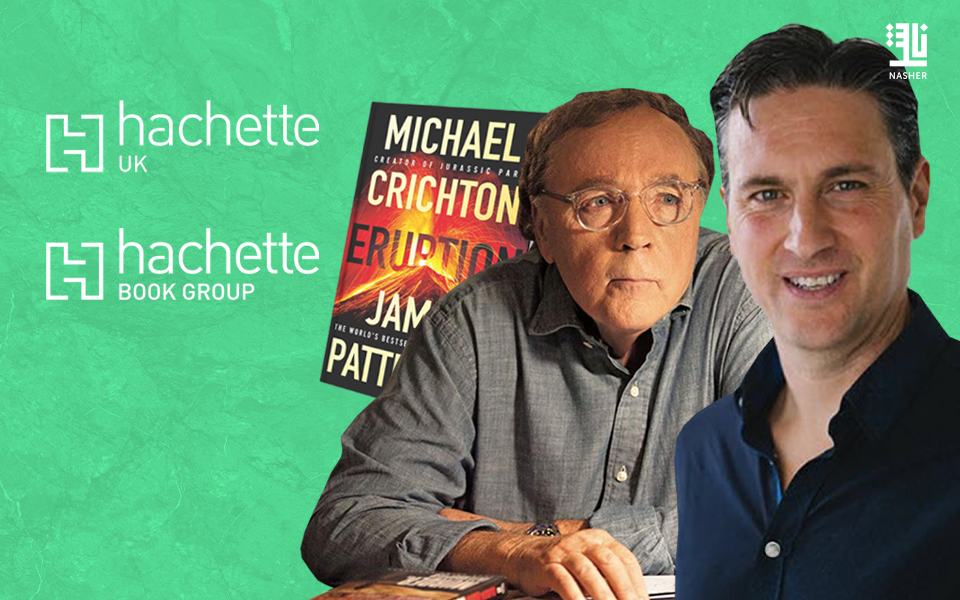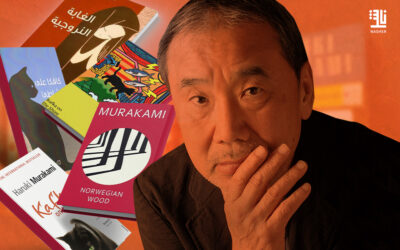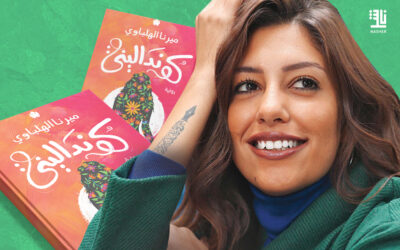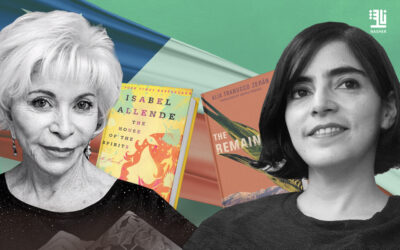Jafar Al Okaili,
Many writers believe achieving engagement between the text and the reader is one of the most important aspects of their work. Some even say that the readers’ reaction is first and foremost in their minds when they are writing.
In structuralism and semiotics, the focus is placed on the text as a system of structures and a field of linguistic signs, but many major writers have concentrated more on the reader, such as Roland Barthes, Umberto Eco and Tzvetan Todorov. Later on, literary criticism – especially reader-response criticism – led to the reading theories in postmodernism returning the focus to the reader, giving them their rightful place as a partner in text production.
There are as many types of readers as there are authors, such as ‘the model reader’, ‘the expert reader’, ‘the ideal reader’, ‘the fiction reader’ and ‘the implied reader’. The reading theories place much emphasis on the expertise that the reader should have, such as the phonetic, linguistic, ideological, communication, intellectual, cultural and psychological experiences.
Amidst those details and theories, inspiring a reader’s passion prevails as the ultimate goal for writers, because the passion for reading is what unlocks the text, provides the key to roam its labyrinths and opens the doors to see the hidden words between the lines.
Those ideals were stressed by Kuwaiti novelist Taleb Al Rifai as he addressed his relationship with books as a reader from an early age. Novels, translated from Russian into Arabic by Sami Al Droubi, were his first experience as a reader. They comprised new perspectives on familiar subjects, and were a new window where he views a different and larger world than his own.
Al Rifai appeared as a panellist at the 36th edition of Sharjah International Book Fair (SIBF) as part of the Cultural Programme. He remembered his astonishment when he explored the discos and nightclubs in Balzac’s novels, and his curiosity as he experienced America’s social protest climate in John Steinbeck’s ‘The Grapes of Wrath’.
The author of ‘Al Najdi’ explains that he is used to reading with no prior knowledge of the material, describing it as ‘white reading’. It enables him to explore new worlds purely from his imagination, without relying on memories or previous experiences. He could tour Cairo’s streets in his mind while reading Naguib Mahfouz’s trilogy, smell the sea’s breeze while reading Hanna Mena’s narratives, or contemplate life’s revelations in Baghdad while reading Fouad Al Takrouri’s titles.
Al Rifai, whose first short story was published in the Kuwaiti newspaper Al Watan in 1977, underscores that all adventures are inevitably associated with risks, except one; the adventure of reading. You can read stories about love and its pain, or war and its catastrophic consequences, but you will not lose anything.
“I am the type of writer who has a thousand apprehensions about the reader,” says Al Rifai, pointing out that this is the reason why he does not write about something unless he is sure that he grasps every detail, no matter how large or small. For example, in one of his novels, the protagonist has his leg broken, and in order for Al Rifai to write with credibility, he was a regular visitor to hospitals to speak with orthopaedic physicians and surgeons.
Passion has become a driver to Al Rifai as a writer in the same way it was a driver to as a reader. He became obsessed with the idea that he had to continue writing to achieve fame. Every time he writes, he is haunted by a new story that must also be written and is desperate to surpass himself and provide his readers with a better text as they wait for his latest title. The question that hounds him constantly is: “How can I write about something specific in a way that makes it seem general, and how can I capture something general, and write about it as if it is something specific?
“Reading is like a crutch that supports me in life,” says Al Rifai, who teaches creative writing at the American University in Kuwait, stressing the importance of differentiating ‘dead reading’ from ‘live reading’. Live reading stimulates the reader to engage with the text, which cannot be achieved unless the story reflects a certain level of humanity, while dead reading does not capture the reader, who loses interest and forgets the material as soon as it is finished.
However, the desired engagement cannot be achieved through posting extracts from texts on social media platforms. Al Rifai refuses to acknowledge the validity of collecting the largest number of ‘likes’ and ‘comments’ from his friends and acquaintances. Instead, Al Rifai takes a different path. “I am keen to work on my text secretly, and when I am done, I send it to my trusted friends, who read it and tell me their comments and remarks before my book is published and in the hands of the reader.”
Al Rifai stresses that writing is a lifestyle and a way of life, and that art has a social mission and noble message. He says: “A book is not a real book without a reader who has a passion for reading, and a painting is just an object hung on a wall if it does not find someone who can contemplate its meaning and appreciate its beauty.”



